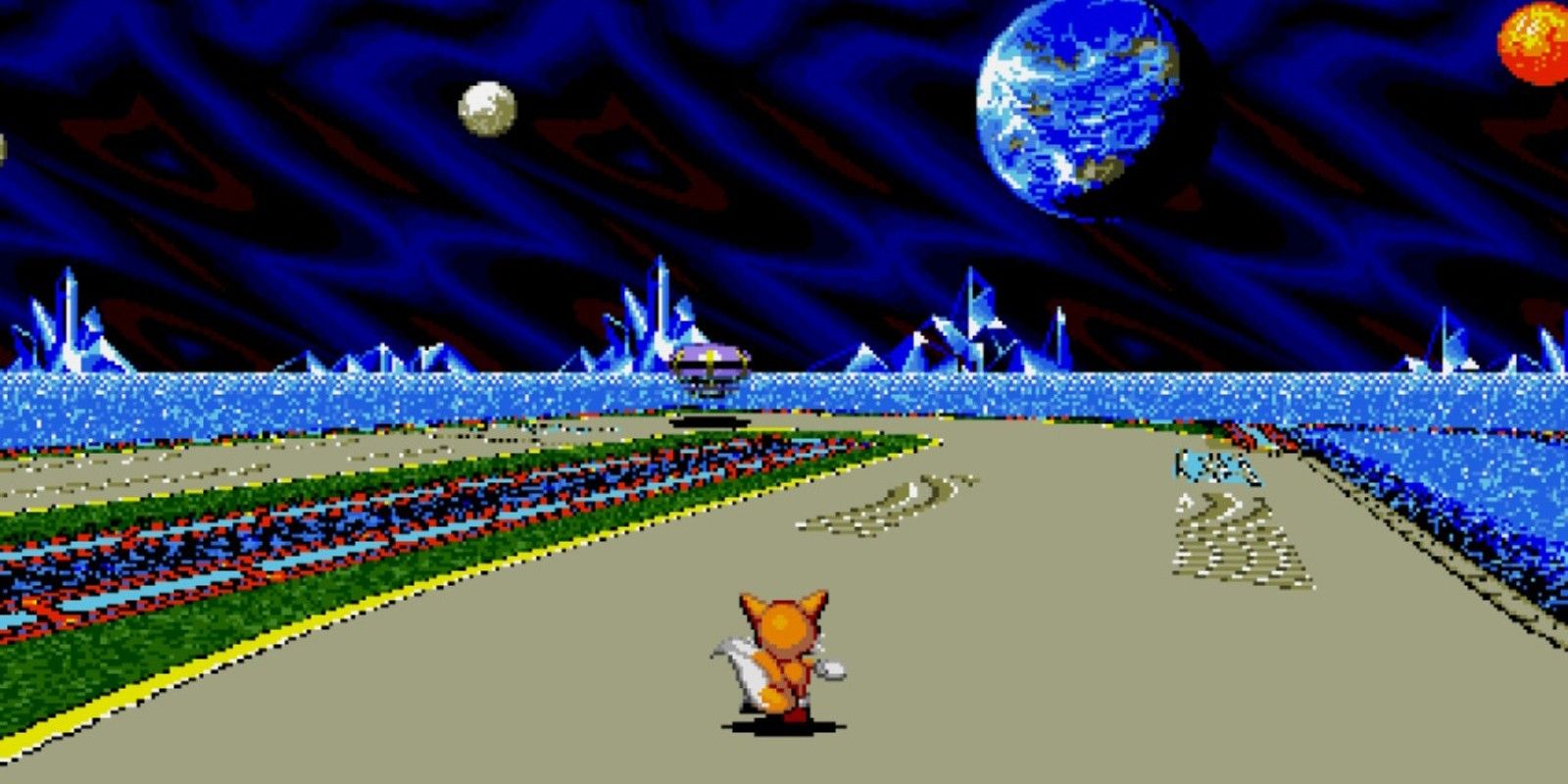Sonic Origins has found a way to evolve the system of save states for titles outside of emulation, and it all surrounds the game's approach to special stages. Celebrating 30+ years of Sonic the Hedgehog, Sonic Origins has introduced some unique mechanics that seem an excellent alternative to emulation while maintaining a pure, retro-style experience for enthusiasts. When modern console sleep modes combine with new elements in the game, players have what looks like an excellent compromise for Sega and fans alike.
Save states are an emulation staple; many companies have found ways to implement them, like PlayStation and their classics library. Utilizing emulation, players can save the exact point a player is at, even if the game crashes, is shut down, or another game is loaded up later. Players can immediately hit an F key (or any mapped button option) and resume from where they placed a save point. Though it's less common today, specific instances of company-implemented save states like those used in Super Nintendo games on the 3DS E-shop. This saving system has been ideal for fans of classic games - many of which are notoriously difficult to complete. Companies like PlayStation have created their emulation alternatives to these features, such as "Rewind," which makes it possible to roll back a failure to an earlier point in time - such as taking one hit too many in a boss fight or missing a critical jump. For Sega's Sonic Origins, the special stages - especially the ones in Sonic CD - are the areas most players will find themselves utilizing the tool.
Sonic special stages often require a player to find 50 rings, a teleportation point, or to reach the end of a level while holding onto those 50 rings. Afterward, players must complete a problematic ring collecting bonus game to gain Chaos Emeralds - the stones in the game that allow players to turn into Super Sonic and unlock each game's best ending. If a player fails, it means waiting until the next level or finding the next checkpoint - but there are only so many levels, and each one has a sliding difficulty scale. Sonic Origins takes the idea of saving a state right before starting a bonus stage and transforms it into something better. The new system is an excellent compromise for fans of pure gameplay experiences, not wanting to cheese a level via emulation methods. This method is the anniversary coin system, which is viable in all four games included in Sonic Origins.
Sonic Origins Special Stages Are Better With Anniversary Coins
Players can earn Sonic Origins anniversary coins via various tasks such as beating a level quickly or finding an item box with one inside. Once collected, players can use the coins to unlock Sonic Origins museum items or retry special stages upon failing them. Coins are relatively easy to come by, and the ability to retry a level without having to reset the game to try the particular stage again is fantastic. Though many would argue emulation has already accomplished this, as mentioned earlier, this method makes it more of an authentic experience that makes it feel less like a cheat and more like something earned. In addition, the feature allows players to learn the bonus stage and improve, making subsequent ones easier with every attempt.
This coin mechanic makes searching levels and performing better worthwhile - players that do well are given more chances to clear Sonic's special stages to get the best ending and unlock some of each game's most significant rewards - invincible characters. It's an inventive idea to make games designed to be challenging to pad out their length from the '80s and '90s less punishing while still providing a level of challenge. Fans that crave a classic Sonic experience without going down the traditional save state route will love Sonic Origins rewarding approach to special stages.


